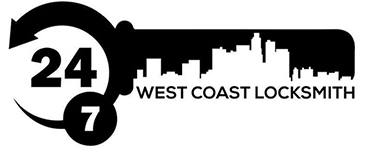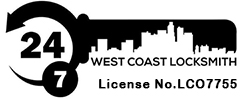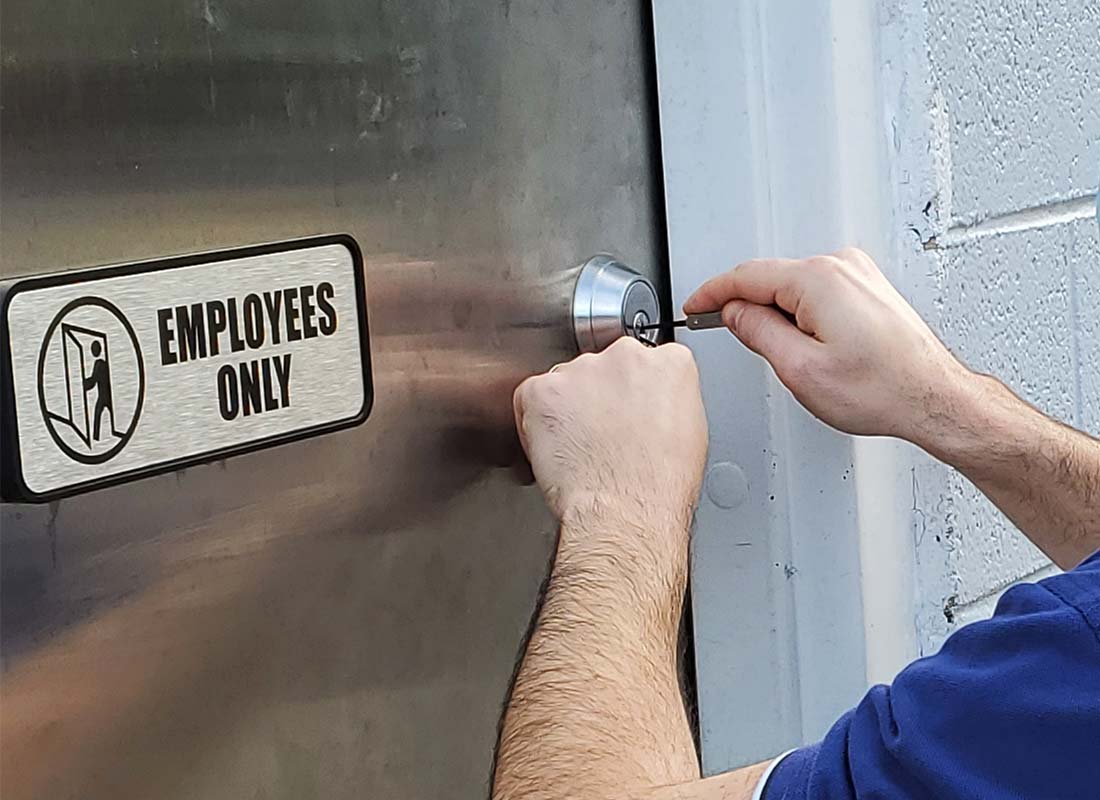Unauthorized office key access puts your business at risk. Lost keys, copied keys, and shared access can lead to theft, privacy violations, and security breaches. Business owners and office managers must take steps to limit who can unlock their spaces and when they can do it.
Clear policies, proper hardware, and consistent oversight help reduce key misuse. This guide explains how to prevent unauthorized key access using proven methods.
Use Keys That Cannot Be Duplicated Without Permission
Standard keys can be copied at hardware stores or kiosks without proof of ownership. This makes it easy for staff, contractors, or former employees to create extra keys without approval.
To stop this, use restricted or patented key systems. These keys can only be duplicated by an authorized locksmith using specific blanks. The key design is protected by law, and copies require official documentation.
In Los Angeles offices, many businesses use restricted key systems to control access to server rooms, HR offices, and supply storage areas.
Keep a Written Key Control Policy
Every business should maintain a key log that tracks which employees have which keys. This list should include:
- The employee’s name and role
- The key number or code
- The date the key was issued
- The return date, if applicable
Limit the number of people who can issue, receive, or track keys. If a key is lost or an employee leaves, remove their access from the system and consider rekeying the locks.
Regular audits help identify missing keys and spot access risks early.
Avoid Over-Issuing Master Keys
Master keys open multiple locks within the same system. While they are convenient, they also carry a higher security risk. One lost master key can compromise an entire office.
Give master keys only to trusted team members who need access to all areas. For everyone else, issue keys that open only the doors they use.
Some businesses in Glendale and Pasadena reduce risk by using sub-master keys for specific departments, such as accounting or operations.
Install Locks That Track Access
Mechanical locks do not record who opened the door or when. Digital keypad locks or smart locks with logging features add visibility and control. These systems allow you to:
- Assign individual codes or fobs
- Revoke access without rekeying
- Monitor entry times for compliance or investigations
For example, a small office in Burbank may use a keypad lock on the back entrance. Each employee gets a personal code. If an issue occurs, the business can see who entered and when.
Change Locks When Security Is Compromised
Do not delay lock changes after a key is lost or stolen. This step protects the property and ensures only authorized users retain access.
If your lock system supports interchangeable cores, a locksmith can swap out the core without replacing the entire lock. This allows for fast updates at a lower cost.
Always rekey locks after employee termination, especially if the person left under negative circumstances or held a master key.
Store Spare Keys Securely
Do not leave spare office keys on desks, break rooms, or unlocked drawers. Instead, keep them in a locked cabinet, safe, or key box with access limited to a few managers.
Avoid writing labels that clearly show which door the key opens. Instead, use coded identifiers that only your team understands.
If using a key lock box outside the building, choose one made of strong materials and tamper-resistant. Limit who has the access code and update it regularly.
Educate Employees on Key Security
Security is more effective when everyone understands their role. Train employees to:
- Never lend your key to anyone
- Report lost or stolen keys immediately
- Store keys out of view
- Avoid posting photos of keys online
Simple habits reduce risk. Offices with good key training often see fewer incidents and better compliance.
Keep Your Office Access Secure
Unauthorized key access can lead to theft, data loss, and liability issues. Businesses must stay ahead by using high-security locks, keeping clear records, and updating systems when needed.
You can keep your workplace secure by using restricted keys, limiting access, and rekeying when necessary. Tracking who has which keys—and when they use them—adds another layer of control.
Consider upgrading your system if your office keys are untracked or easy to copy. A commercial locksmith can recommend the proper hardware and help set up better key control procedures. West Coast Locksmith serves businesses across Los Angeles with secure rekeying, lock installation, and key system upgrades.


